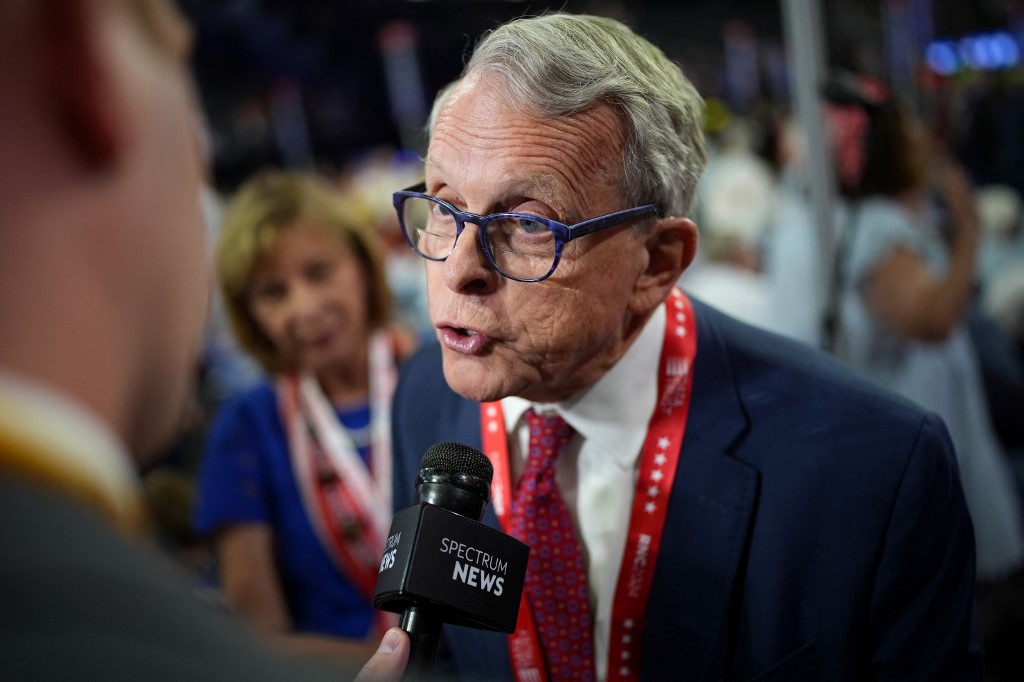Ohio Governor Mike DeWine’s budget proposal included a doubling of the sports betting tax on mobile sportsbooks in the Buckeye State, but lawmakers voted the measure down, which means the tax will remain status quo.
Tax Hike Nixed
Only six months after mobile sports betting launched in Ohio, Governor Mike DeWine doubled the tax from 10% to 20%, much to the chagrin of its sports betting operators. That occurred in July 2023, but the governor, unsatisfied with the 100% increase, included another doubling of the tax from 20% to 40% this year.
However, that was a bridge too far for the Ohio House of Representatives, who voted 60-39 last week to pass an amended version of House Bill 96 without the sports betting tax hike. It was a big win for sports betting operators and those lawmakers who opposed the measure. An increase in the tax rate would have meant fewer bonuses, reduced odds and diminished marketing to attract new customers.
Opponents of raising the tax rate on sportsbooks argue that it will manifest in customers either reducing the amount they spend on sports betting or fleeing to neighboring states and offshore markets with bigger bonuses and better odds. In other words, the short-term win is not worth the long-term loss in revenues, which will ultimately impact the amount of money the state collects.
Bill Not Dead
Governor DeWine’s tax increase may be on life support, but the bill is not dead, as it now advances to the Senate for the upper chamber’s consideration. Amendments by the Senate to the state’s budget proposal could reintroduce the tax hike, but that outcome is unlikely.
The money generated by the increase would be earmarked for a domed stadium for the Cleveland Browns. DeWine believes the Browns need a state-of-the-art stadium to attract more fans, keep the team in Cleveland and provide the tax benefits that would ultimately come of it.
“Look, Ohio citizens are giving every single day millions of dollars to sports gaming companies. It’s time for us to raise the tax on them so that we can do things to help Ohioans,” DeWine said. “These are the companies that are taking all of this money outside, draining it outside of the state of Ohio on gaming. They ought to pay their fair share, and this would make them pay their fair share,” the governor added.
DeWine has pledged up to 40% financing for a new stadium, although there are many opponents claiming public funds should not be used on a private venture, particularly one of this magnitude. Nevertheless, there is precedent for state financial assistance, and DeWine noted that earlier this year.
“It’s not a question of whether we are going to help professional sports. We’ve done that for 50-60 years. The question is, who is going to pay for it?” DeWine told reporters. “The state was involved a few years ago for the tune of about $30 million for the Guardians. We have a lot of great sports in the state of Ohio, professional sports, and we have minor league sports too, and they’re always looking for help in regard to that,” added DeWine.












